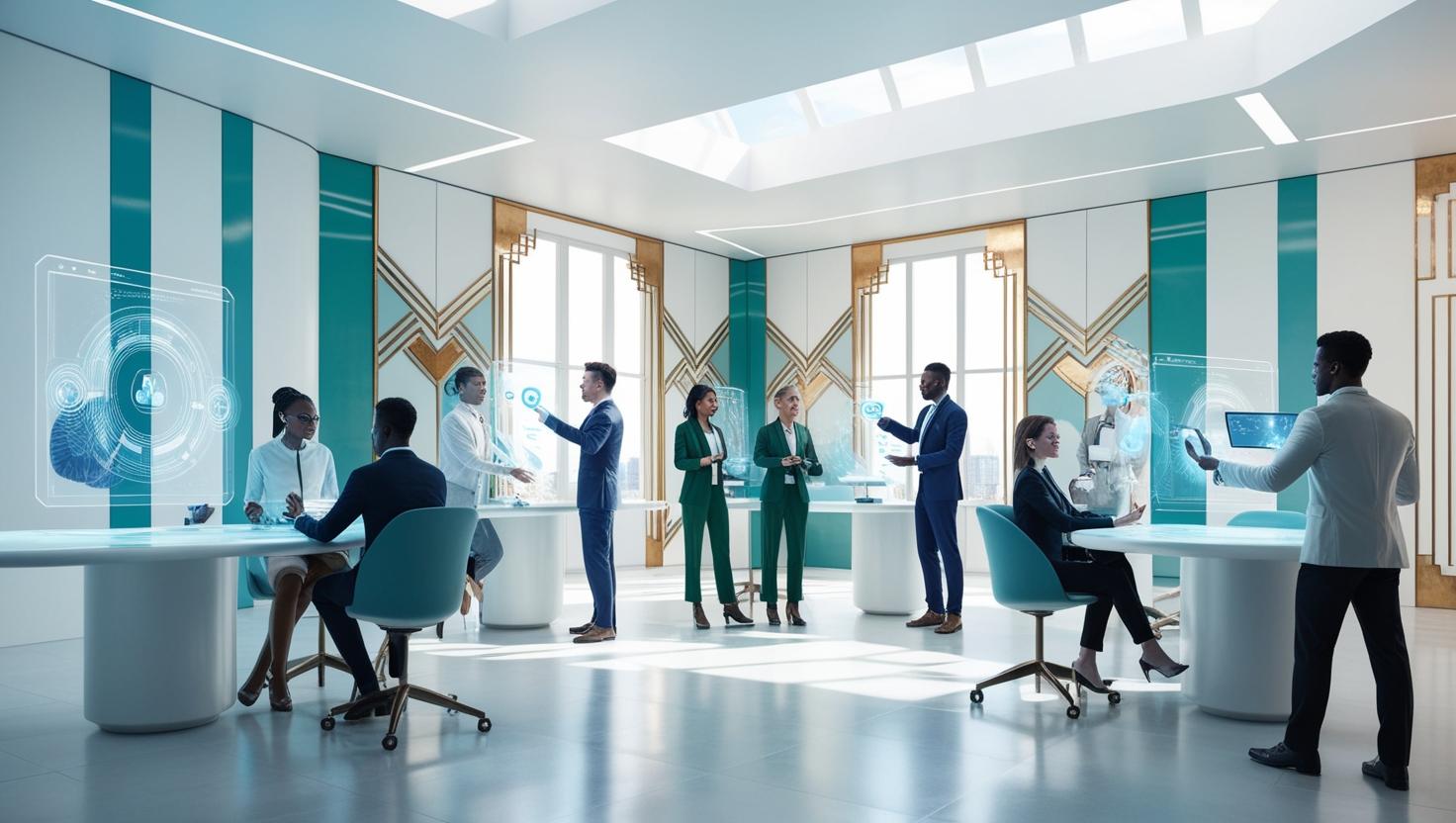In recent years, the traditional office environment has undergone a dramatic transformation. Businesses no longer rely solely on permanent offices to function efficiently. Shared workspaces have emerged as a compelling alternative, offering flexibility, collaboration, and cost-effectiveness. These innovative environments are redefining how companies operate and how employees interact with their work.
Flexibility That Supports Modern Work Styles
One of the most significant advantages of shared workspaces is their flexibility. Unlike traditional offices with long-term leases and fixed layouts, shared workspaces allow businesses to scale up or down according to their needs. Startups can access professional office setups without the burden of long-term commitments, while established companies can accommodate project-based teams or temporary staff.
Flexibility extends to work hours as well. Many shared workspaces provide 24/7 access, enabling employees to work when they are most productive. This adaptability aligns with modern work styles, where remote work and flexible schedules are increasingly the norm.
For businesses looking to embrace this modern approach, options like ADGM coworking office space provide tailored solutions that meet the diverse needs of today’s workforce. Whether it’s a startup seeking a dynamic environment or a growing enterprise needing adaptable spaces, shared workspaces are setting the standard for the future of business.
Cost-Effective Solutions for Growing Businesses
For many businesses, real estate costs are a significant burden. Shared workspaces alleviate this pressure by providing fully equipped offices at a fraction of the cost of traditional leases. Companies save on utilities, office maintenance, and furniture, freeing up resources to invest in growth and innovation.
Additionally, shared workspaces often include amenities such as high-speed internet, meeting rooms, and communal areas. These inclusions mean businesses can operate efficiently without incurring additional expenses. For small businesses and startups, this cost-effectiveness is often a deciding factor when choosing an office solution.
Fostering Collaboration and Innovation
Shared workspaces create an environment where collaboration naturally flourishes. By bringing together professionals from diverse industries, these spaces encourage networking, knowledge sharing, and innovation. Casual interactions in common areas or during events can spark new ideas and partnerships that may not occur in isolated offices.
Companies increasingly recognize that creativity and innovation thrive in collaborative environments. Shared workspaces provide opportunities for employees to engage with peers, attend workshops, and participate in community events, all of which contribute to a more dynamic and forward-thinking company culture.
Supporting Employee Wellbeing
Beyond financial and operational benefits, shared workspaces can enhance employee wellbeing. Many spaces are designed with ergonomics, natural lighting, and communal zones in mind, creating a more comfortable and stimulating work environment. The sense of community in these offices can reduce feelings of isolation, particularly for remote workers or solo entrepreneurs.
A positive workspace directly impacts productivity and job satisfaction. Employees who feel comfortable, supported, and connected are more likely to perform at their best, which ultimately benefits the business.
The Role of Technology in Modern Workspaces
Technology is integral to the shared workspace model. From high-speed connectivity to smart booking systems and virtual collaboration tools, technology enables seamless operations. Businesses can efficiently manage resources, schedule meetings, and communicate with teams across locations.
Moreover, technology supports hybrid work models, allowing employees to alternate between home and office seamlessly. This capability ensures that shared workspaces remain relevant in a rapidly evolving business landscape.
A Strategic Choice for the Future
As companies rethink how they approach office space, shared workspaces are becoming a strategic choice. They offer flexibility, cost savings, collaboration opportunities, and support for employee wellbeing—all factors that contribute to long-term success.
